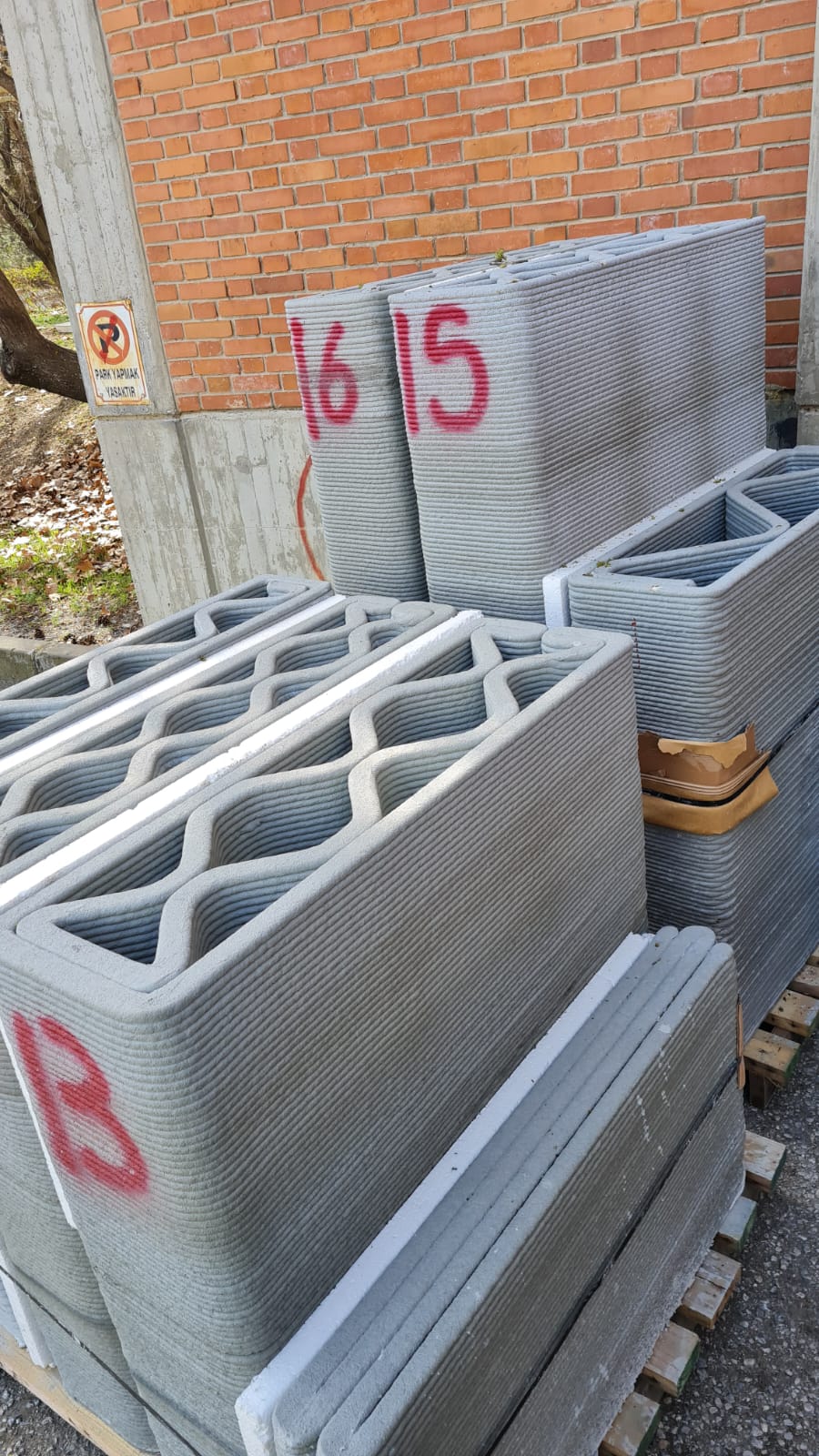Project
This project (3D-PC) aims to develop sustainable and low-cost 3D-printable composites to design climate-resilient and flexible building components with different functional geometries and high-thermal efficiency. The goal is to apply these components for the provision of reliable, low-cost and high-speed housing for vulnerable areas such as disaster zones and refugee camps. The synergistic backgrounds of the 2 PIs (sustainable 3D-printable construction materials of the UK PI; and low-cost construction, thermal analysis, building energy modelling of the Turkish PI) complement each other perfectly, addressing the major global challenges and contributing to both countries' efforts to meet humanitarian, sustainability and economic targets. Accordingly, 3D-PC addresses the "Sustainable Cities and Communities", "Responsible Consumption and Production", "Climate Action", "Industry, Innovation and Infrastructure" and "Decent Work and Economic Growth" UN Sustainable Development Goals. Furthermore, the strong links that will be formed between the UK and Turkey under this institutional links collaboration will play a key role in subsequent funding applications funded by various sources in both countries, with the overall goal of tackling global challenges.
In line with the requirements of the funding call, the outcomes of this project will contribute to the economic development and social welfare of Turkey and UK though the provision of low-cost and high-speed housing for vulnerable groups, increase in the number of high-skilled labour opportunities, and increased construction productivity and safety via the use of 3D-printed components with enhanced quality, geometrical freedom, functionality and cost-efficiency. In addition to the final products, the project will facilitate the production of a detailed technical framework, 2 knowledge sharing sessions and a comprehensive capacity building workshop engaging academics, policy makers, and government and industrial partners. Furthermore, the findings of this project will pave the way for remote construction practices under extreme conditions with labour, material and curing conditions limitations (e.g. extraterrestrial 3D printing), thereby contributing to the development of further technological capabilities.

